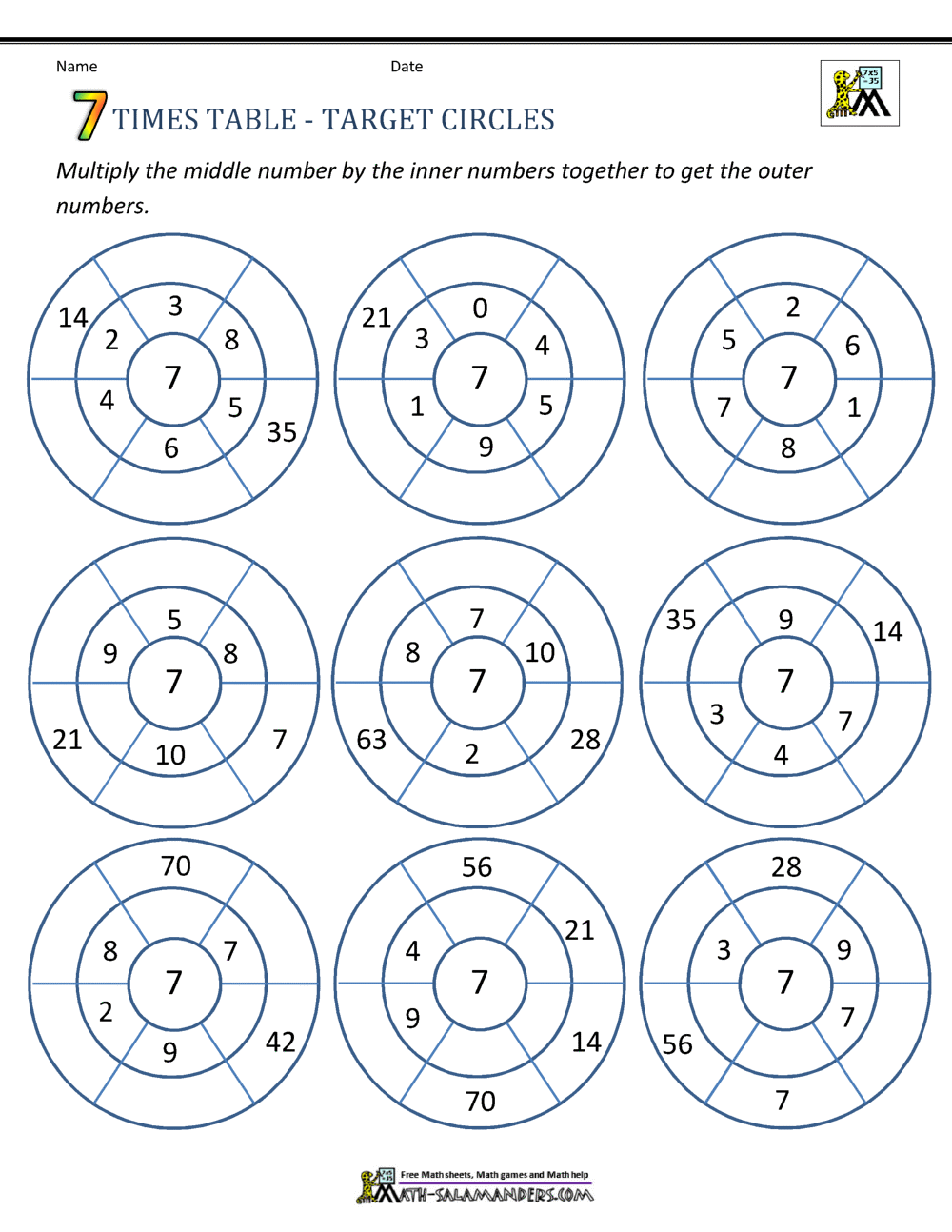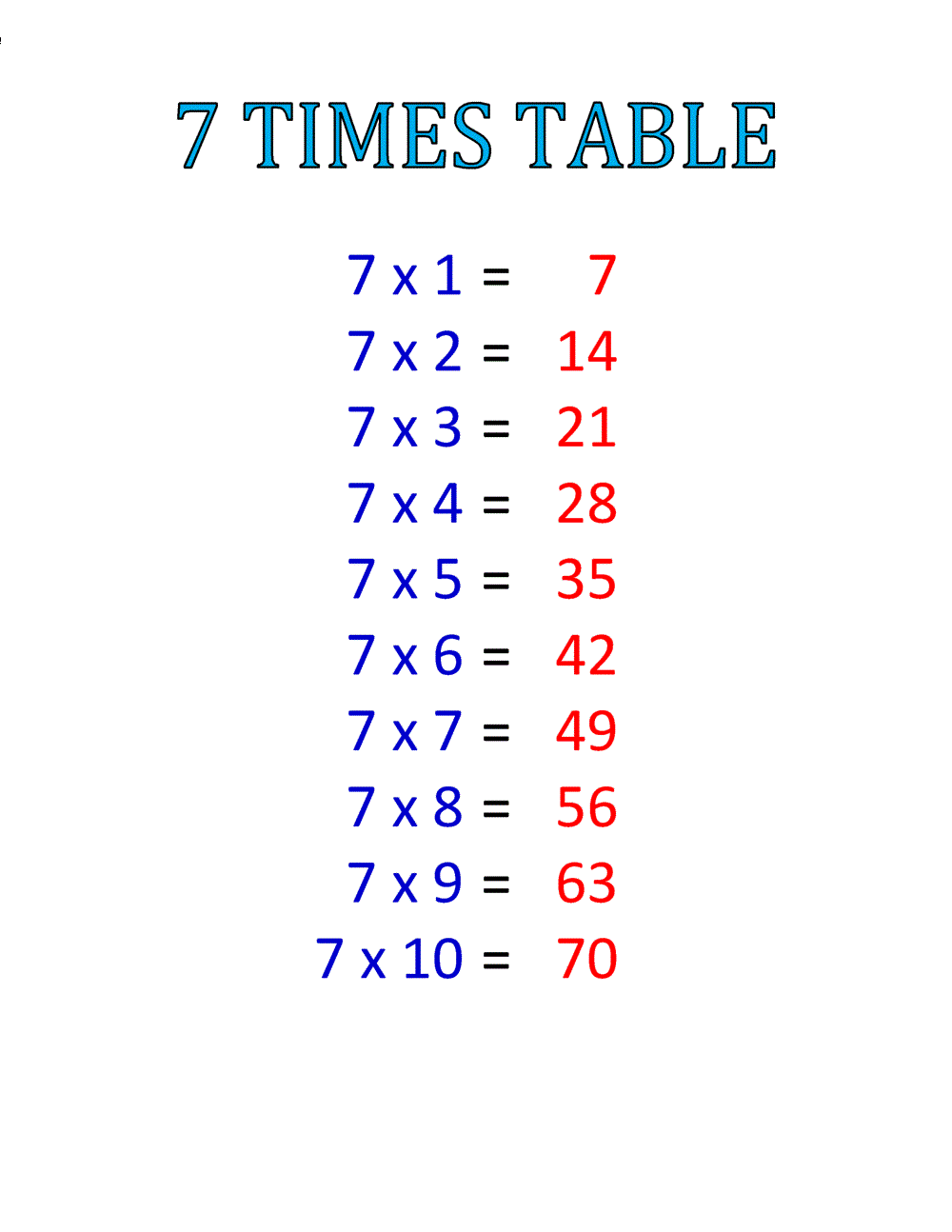

It’s actually pretty easy and the process can be made a lot faster than it usually is! This will give them visual, auditory, and haptic/tactile feedback and reinforcement. They should read the problem out loud, take a guess, flip it over, and read the answer outloud.

When doing flashcards, have the student hold the flashcard. Keep ones they struggle with until memorized. At the end, cycle out the ones that they've mastered for new ones. And students that are more successful will be more motivated to continue. The fact that there are so few cards will help them feel more successful. 3 cards for 30 seconds is definitely doable to most kids. So the trick is to keep the cards at a manageable level so that they feel that the stack is doable. They'll stare at the cards for 15 minutes, and then feel like a failure afterwards. When a parent gives someone 50+ cards to memorize, kids don't know how to accomplish this task. This is the #1 reason why flash cards typically don't work. And when you're overwhelmed, it's very easy to give up. If you hand a stack of 50+ cards to a child, they'll feel overwhelmed. Total time spent per day will be less than 10 minutes, but because there are multiple exposures they will retain information faster. Do it during commercial breaks and before bed. The solution? Reduce the time limit to 30 - 60 seconds. If you tell a child to memorize flash cards for 15 minutes, they'll lose interest after about 30 seconds. Problem #1: There's no way around it: memorizing math facts is boring. To get a student to be successful in their multiplication, you must overcome these two things. (1) It's boring, and (2) it's overwhelming. The reason why kids fail to memorize their times tables is twofold. There's a very specific method of flash cards you should try. I wrote this a while ago for another post.


 0 kommentar(er)
0 kommentar(er)
